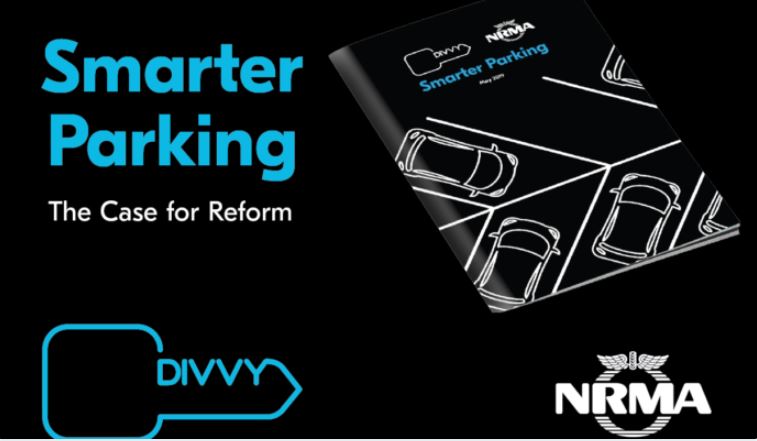There is a prospective change coming to fringe benefits tax (FBT) and car parking. The Australian Taxation Office (ATO) has prepared a draft taxation ruling that proposes to treat any car park that offers all-day parking as a commercial car park for FBT purposes.
This is even if the car park’s fees are so high as to discourage all-day parking. Under that definition, shopping centre, hospital, airport and university car parks could all be considered commercial car parks.
Businesses whose staff parking facilities are both in the vicinity of the workplace and within one kilometre of such a car park may now have to pay FBT on the taxable value of employees’ car spaces, where previously they did not.
Any business that provides employees with car parking but is currently exempt from FBT on that parking needs to assess whether these changes will impact them, and make that assessment sooner rather than later.
Businesses in areas like Sydney’s Macquarie Park and North Ryde, home to car parks associated with Macquarie University and Macquarie Centre shopping centre, will potentially be impacted by these changes.
Local transport management association Connect Macquarie Park & North Ryde is helping to educate their members about the prospective changes. Some of these businesses may be liable for thousands of dollars in car parking fringe benefits tax for the first time, and it is important that they determine now whether their liability is going to change.
The prospective changes have the potential to affect any business in Australia within a kilometre of a shopping centre, airport, university or hospital car park. Those in areas like Melbourne’s Carlton and Parkville, with their plethora of car parks associated with the University of Melbourne and RMIT, could be affected.
Businesses in Eagle Farm, Hendra and Nundah within a kilometre of the numerous Brisbane Airport parking facilities should assess whether they will be impacted by the changes. Organisations in proximity to Adelaide’s largest shopping centre Westfield Marion and its car parks, need to do the same.
If businesses determine now that they will be affected by the changes, they can get ahead of the game and invest in smarter parking technology that can save them money at tax time. The ATO calculates how much FBT is payable on a car parking space based on its utilisation.
If a business can show, with thorough, accurate, real-time reporting, that utilisation is low – perhaps whilst their employees are working from home, for example – they can reduce their FBT liability. To be able to demonstrate this when FBT is due, businesses need to put the smarter parking systems in place now.
For a few years now, DIVVY has been working with Connect and several Macquarie Park and North Ryde businesses, including Downer, Boral, Novartis and DXC Technology, to help them get the most out of their car parking and other bookable assets.
Even our existing clients might not know that DIVVY’s fringe benefits tax reporting has been given the thumbs up by Deloitte Private, who acknowledge that using DIVVY’s reports can, in the relevant circumstances, result in a reduction to the car parking fringe benefits tax payable.
The ATO’s final ruling is expected later this year and the changes will take place from April 2021.
Car parking fringe benefits tax change is almost certainly coming, so make sure you take those proactive steps now.
This is general information, and we recommend that you seek professional taxation advice relevant to your circumstances.
For more information, please contact Kat Fowler, DIVVY’s Marketing and Communications Manager at kat@divvy.com.au.


